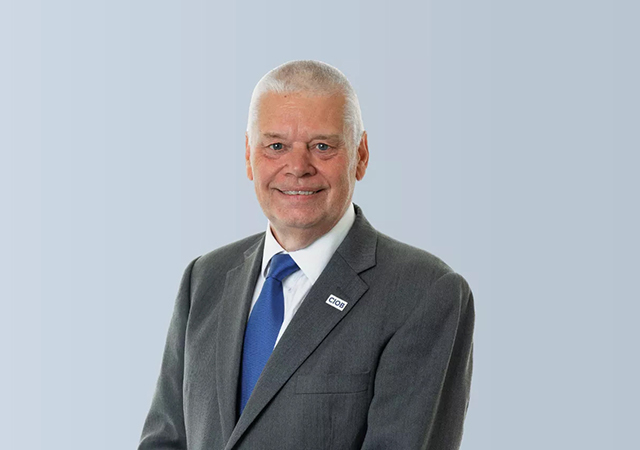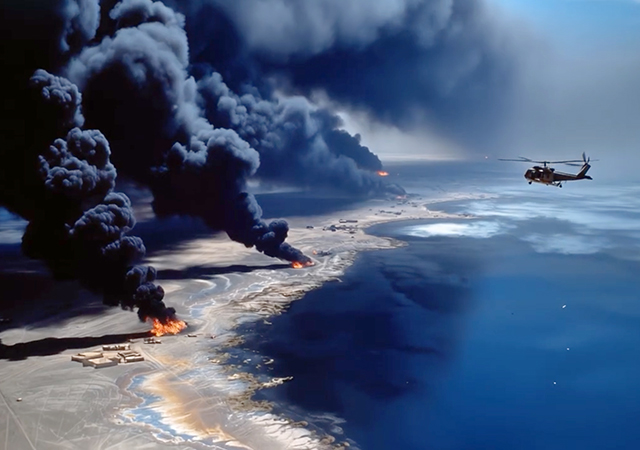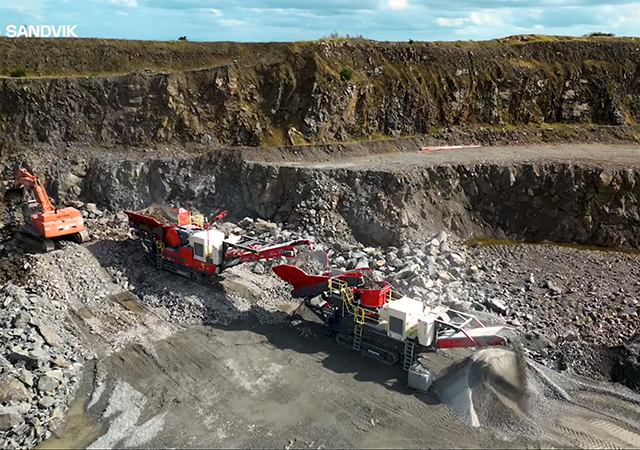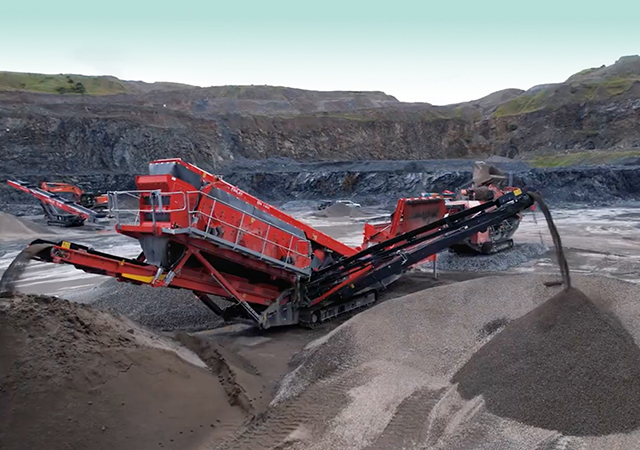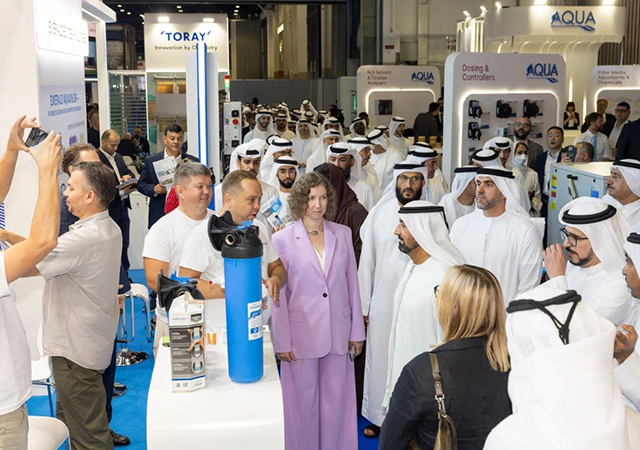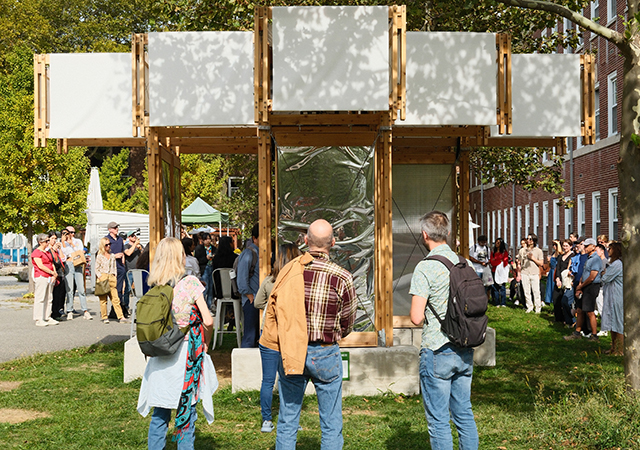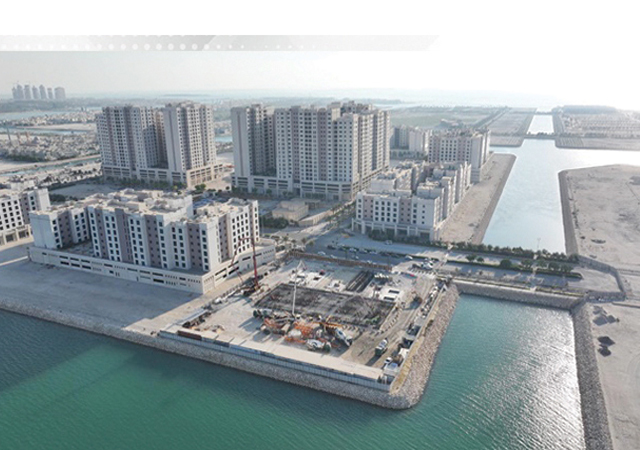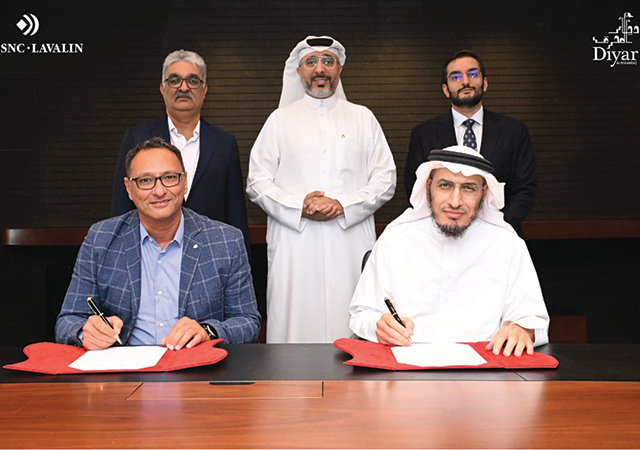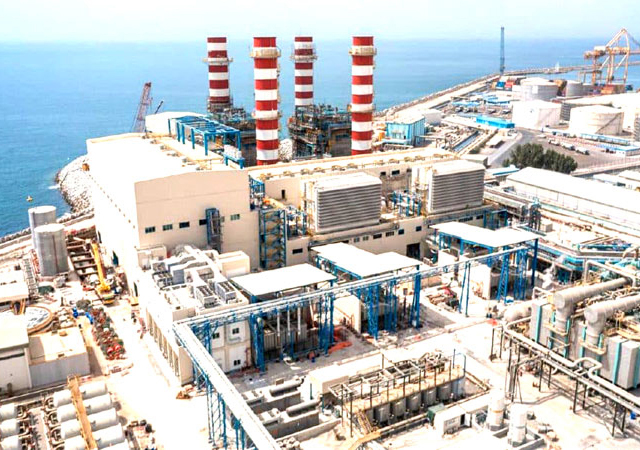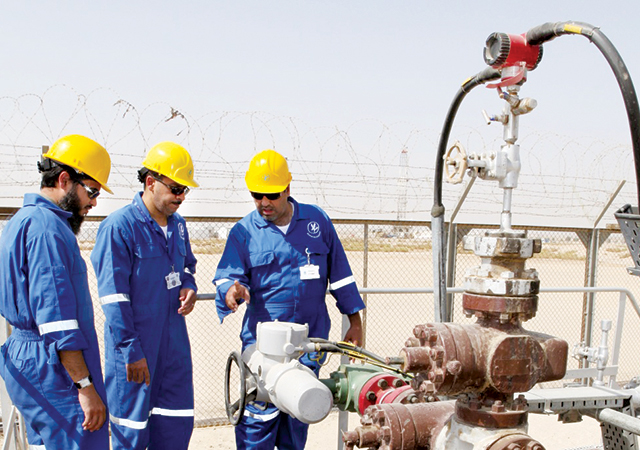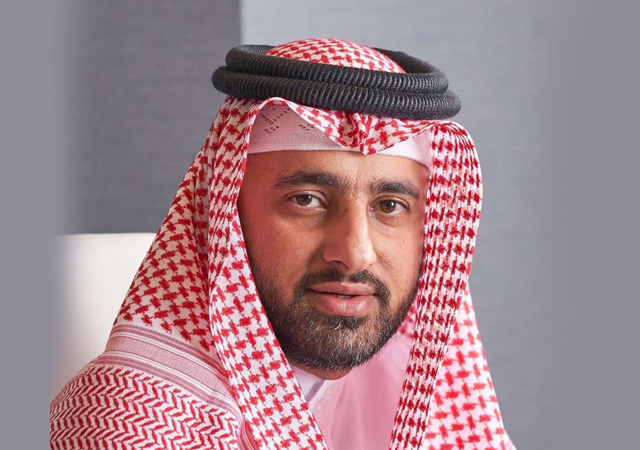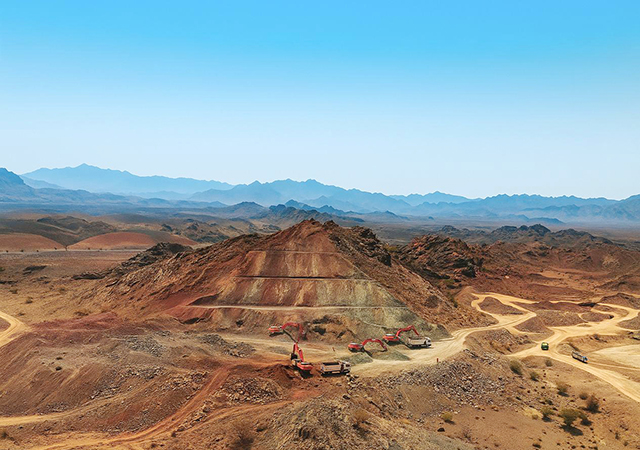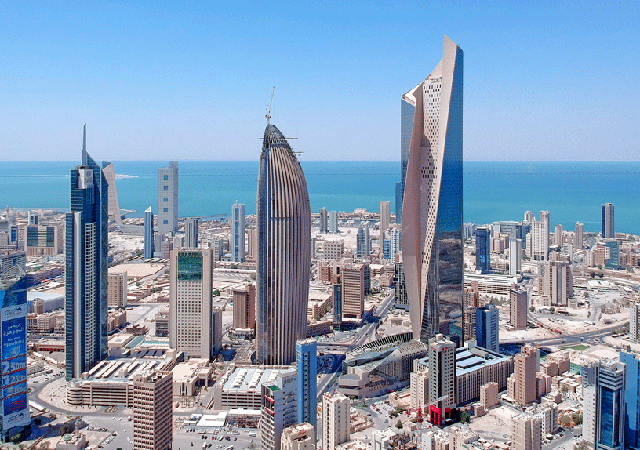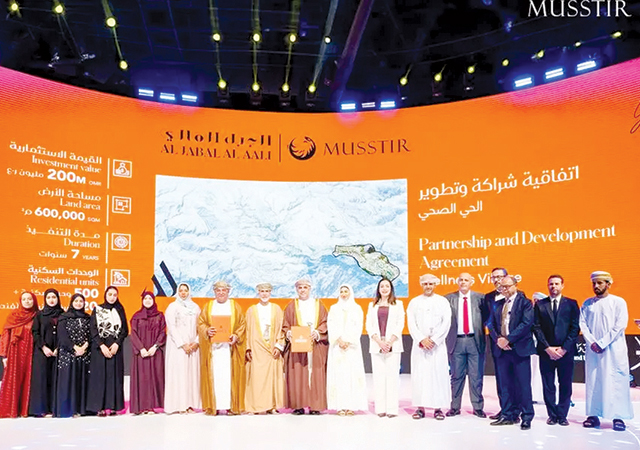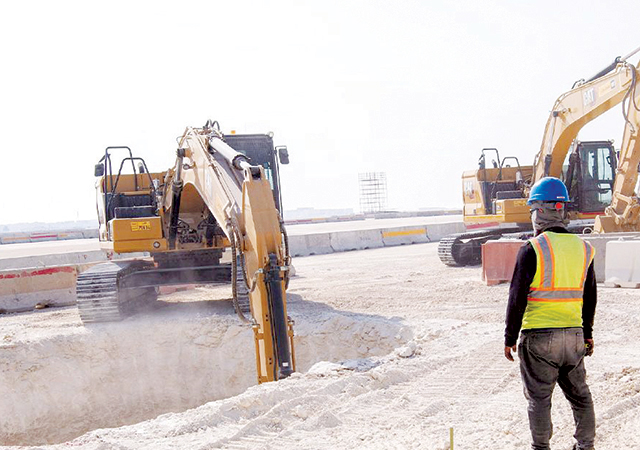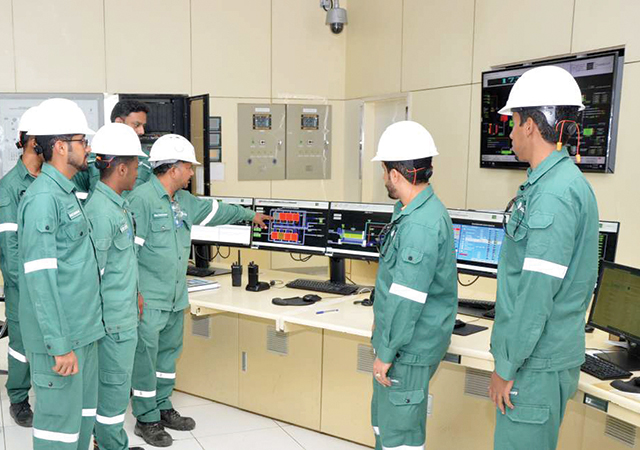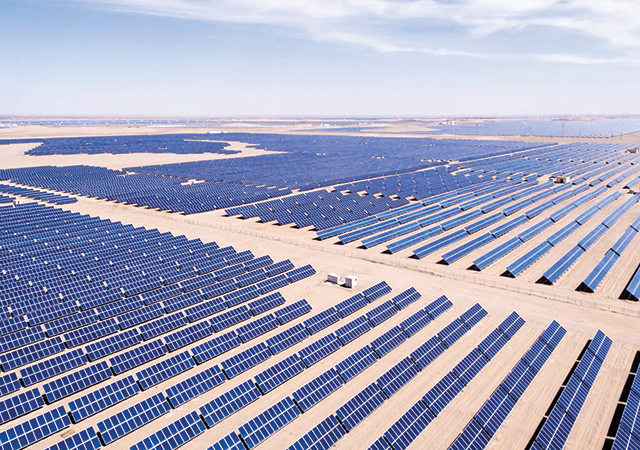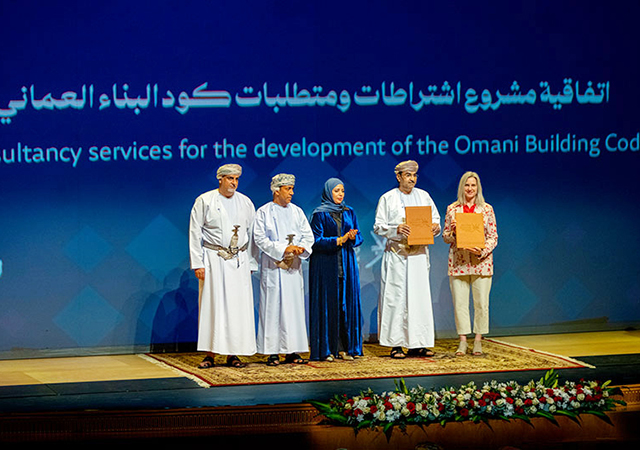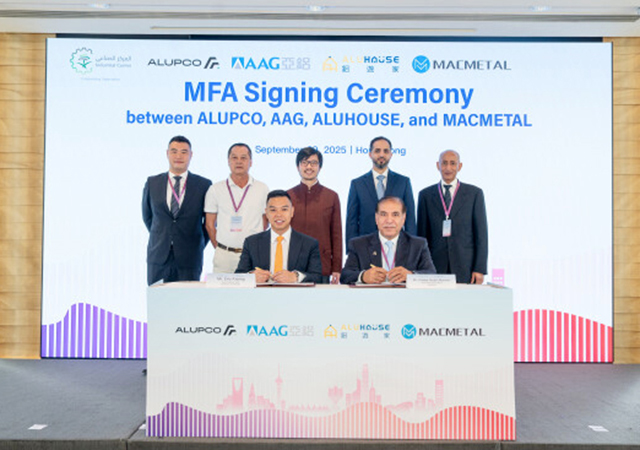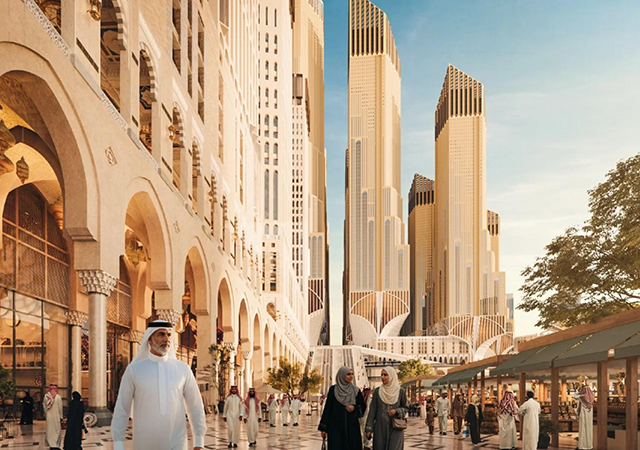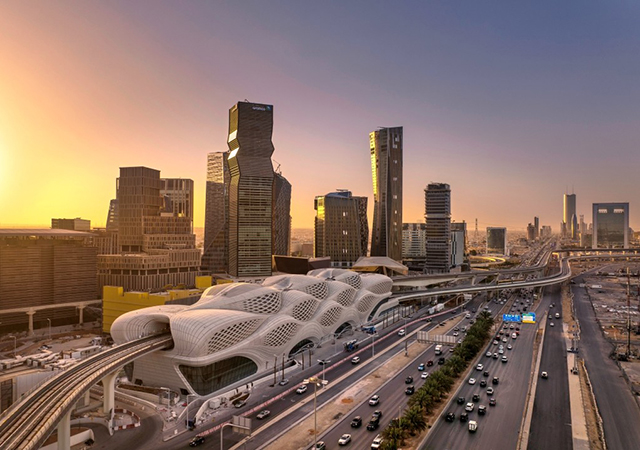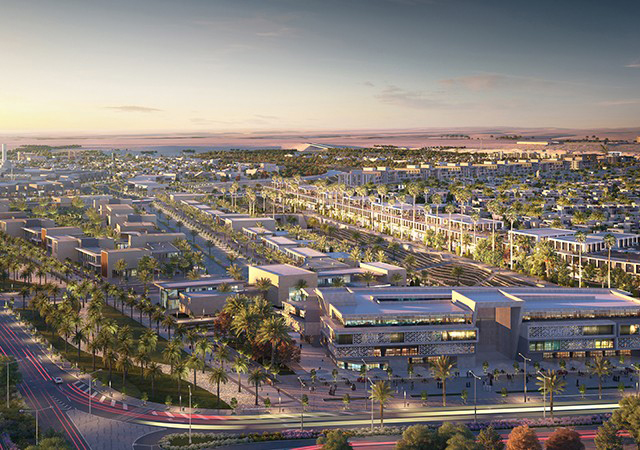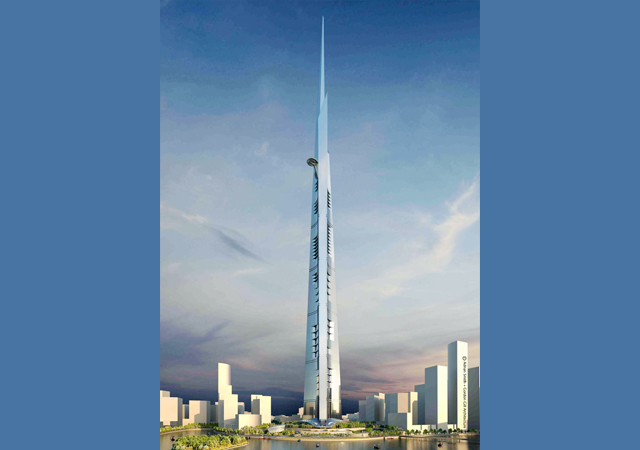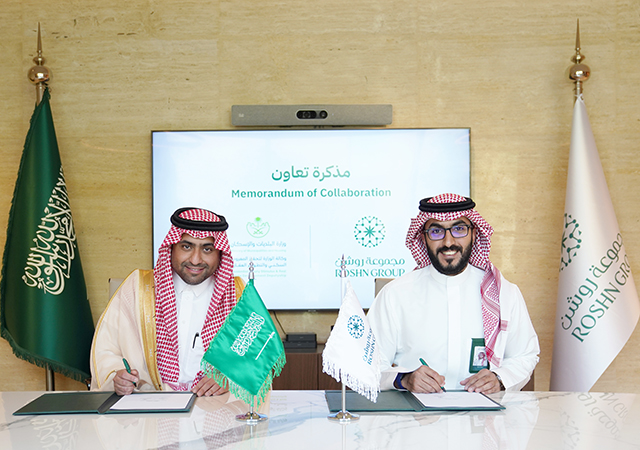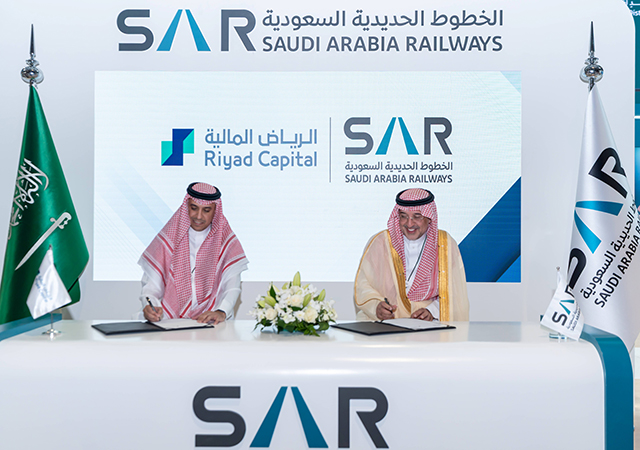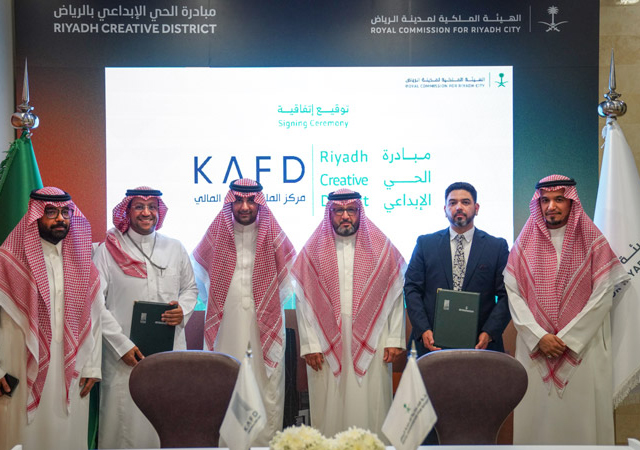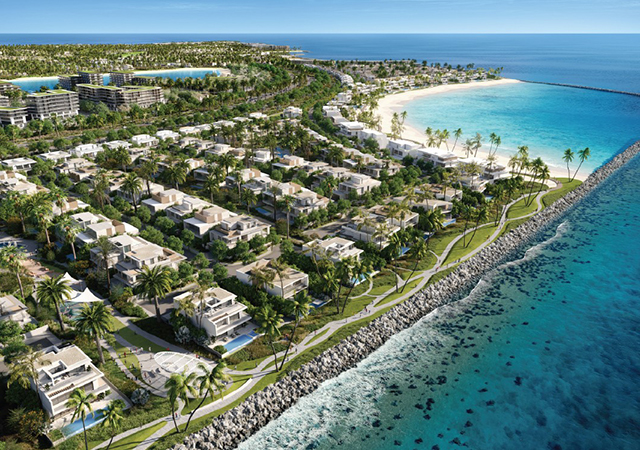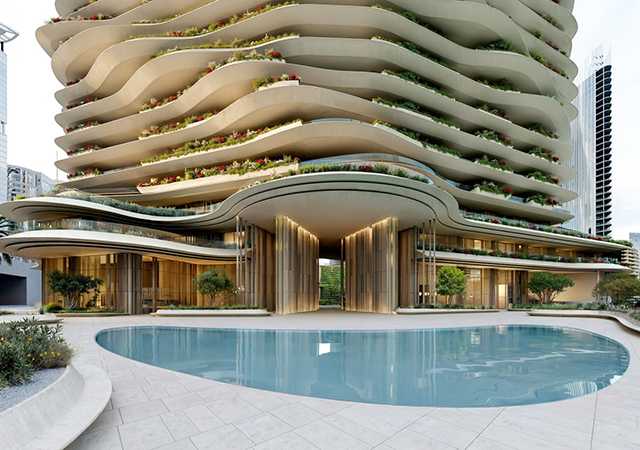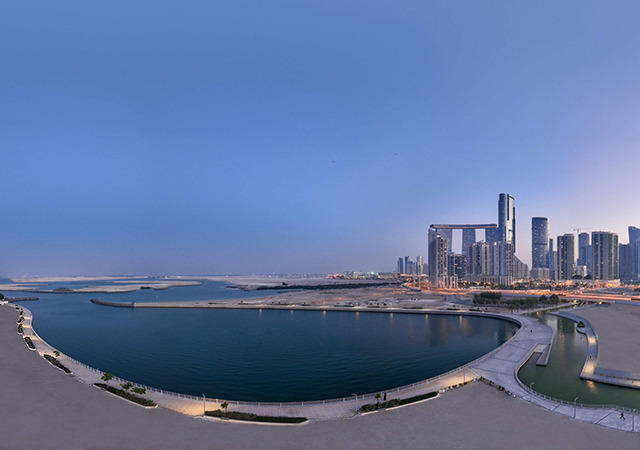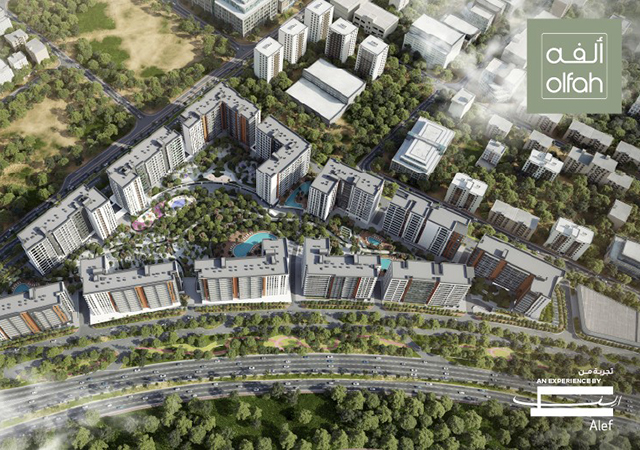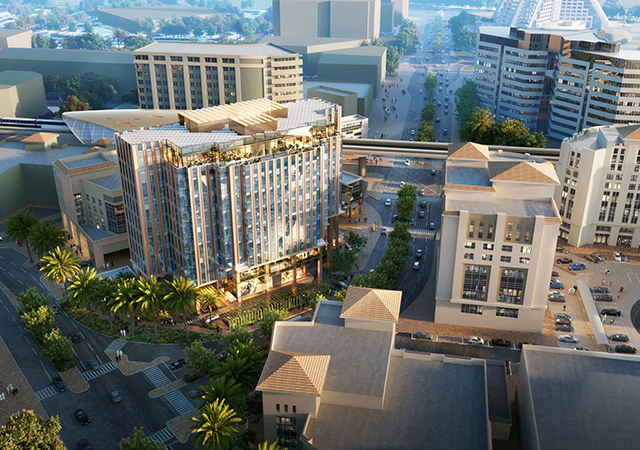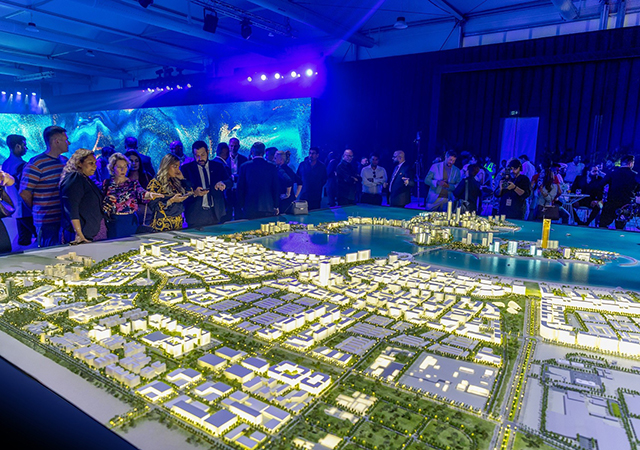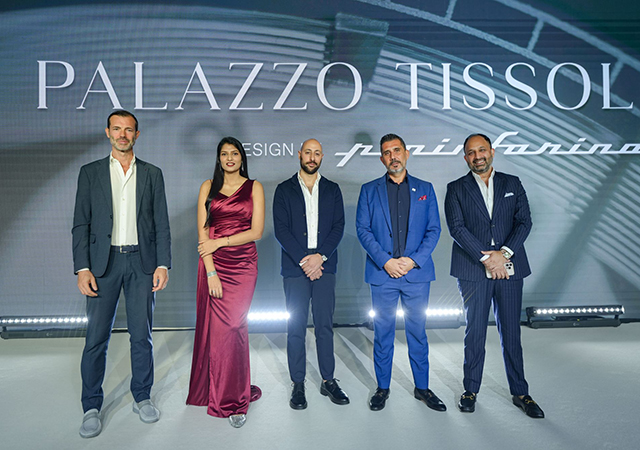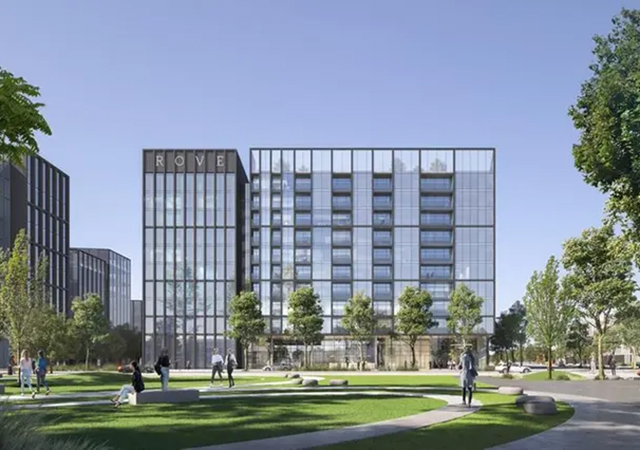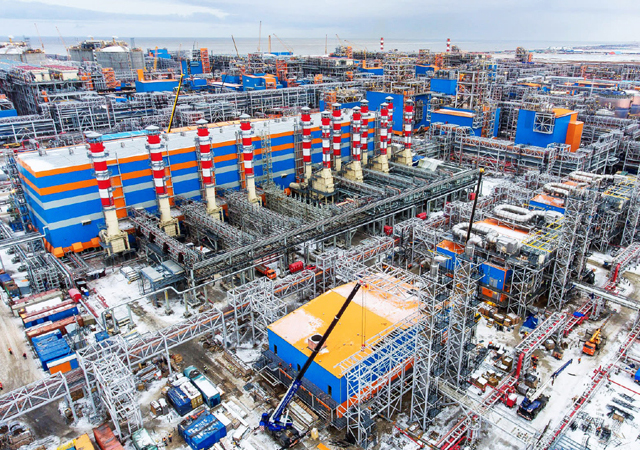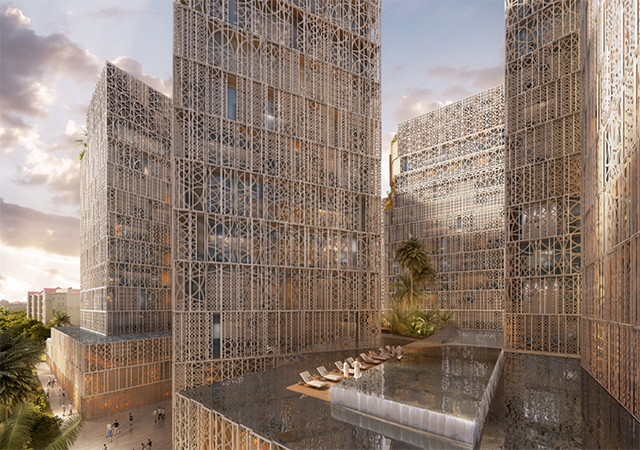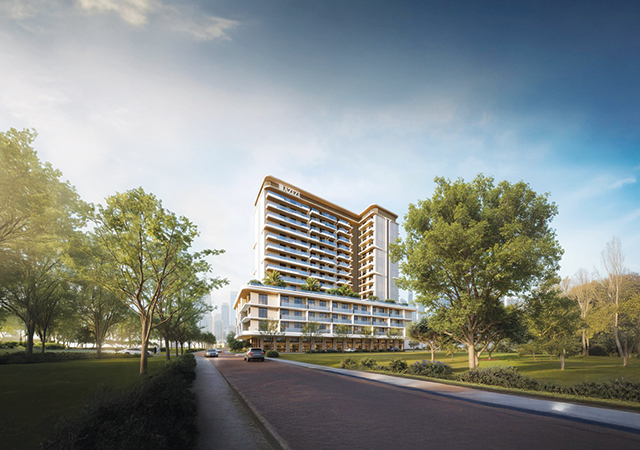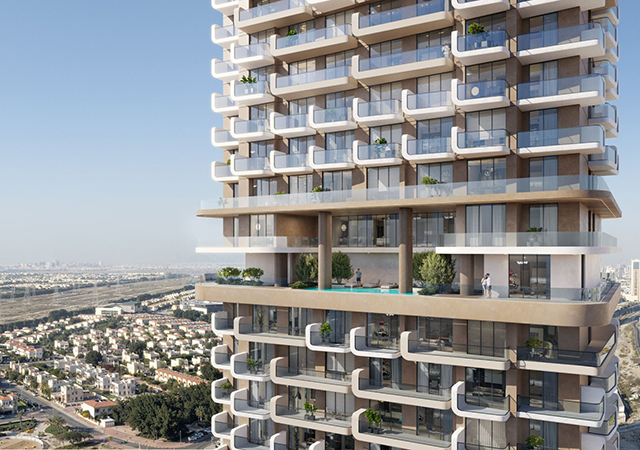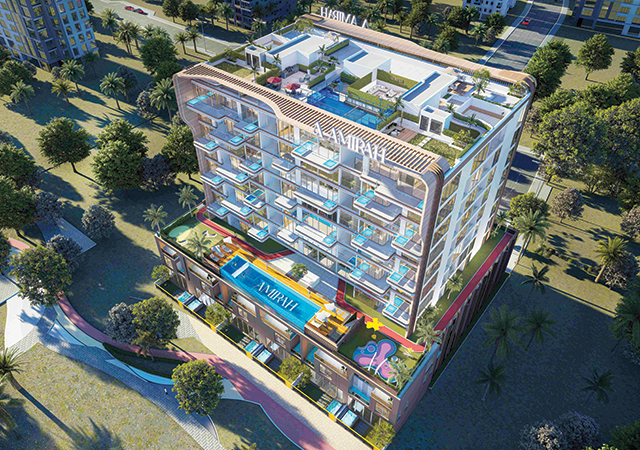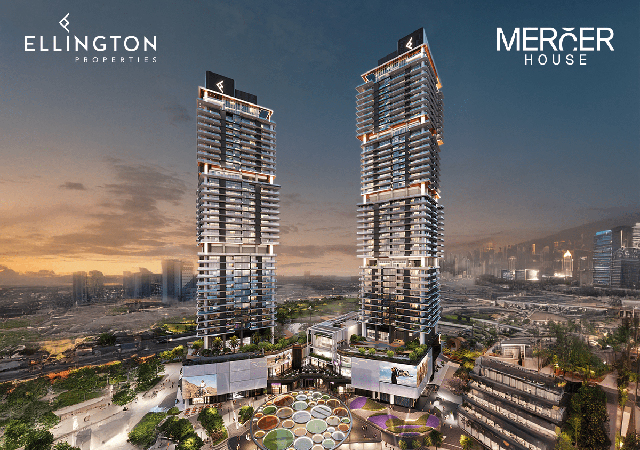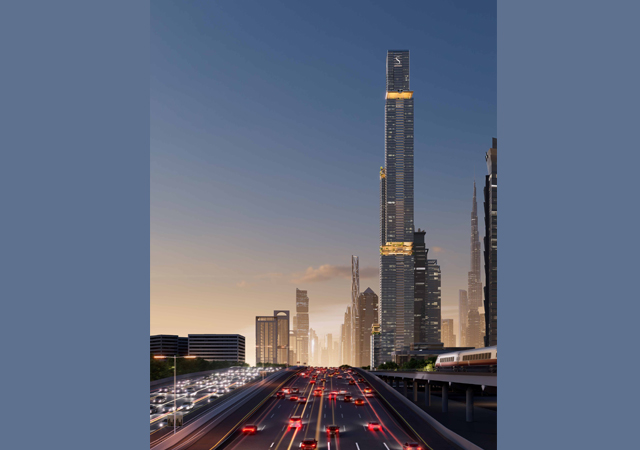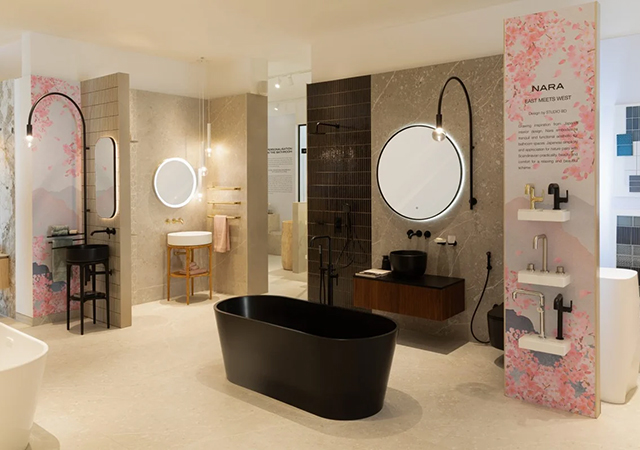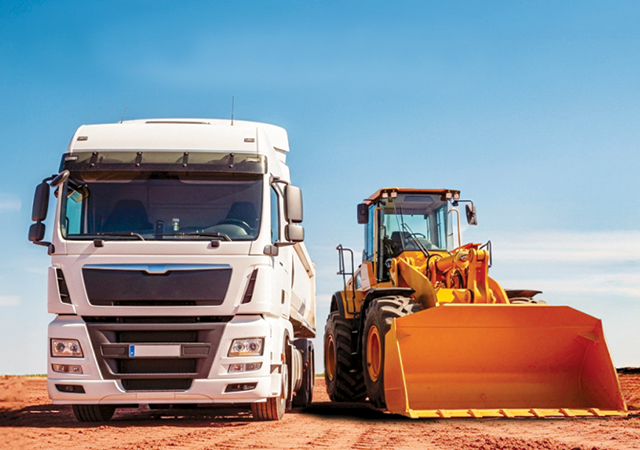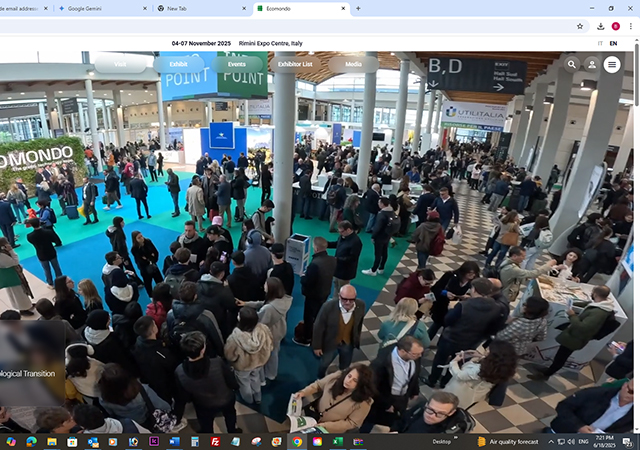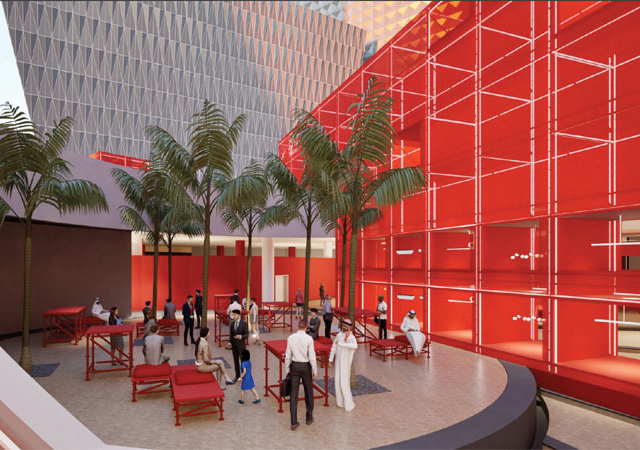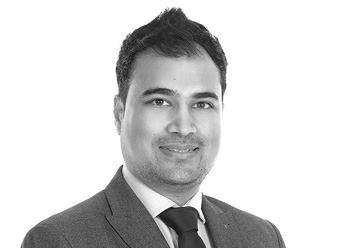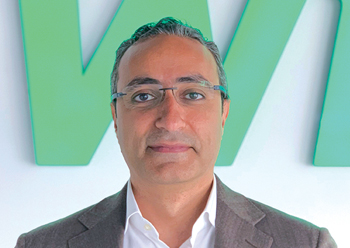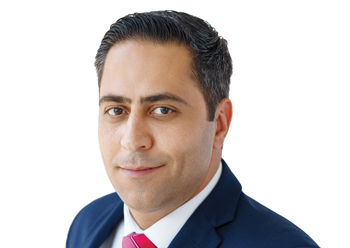
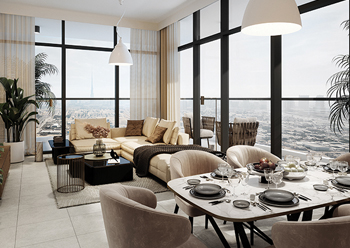 ZāZEN One ... Trakhees LEED Green Building certified.
ZāZEN One ... Trakhees LEED Green Building certified.
At the beginning of August 2021, a report by the Intergovernmental Panel on Climate Change (IPCC) concluded a ‘code red for humanity’ in regards to climate change, which translates to an increase in extreme heat waves, droughts, flooding as well as the key temperature limit being broken once again in just over a decade.
Even though the consequences of climate change and its irreversible effects have been drummed into us, we have a long way to go to work towards a more sustainable future. Having said this, each industry needs to take the time to reflect on how it might be able to positively contribute to help save humanity.
How an industry affects the environment should now be a ruling factor in decision-making. Many of the world’s largest organisations and leaders are facing heavy pressure from different stakeholders, including the government and potential buyers, to reduce their carbon footprint and contribute positively to the environment.
The real estate industry is no different, and with buyers and end-users much more conscious of their environmental impact, developers must build with ‘green’ on their minds.
Sustainability should no longer be just a buzzword – it should be part of a company’s overall ethos and one that each business should be paying attention to and implementing.
By managing and reducing the carbon footprint as part of a low carbon strategy, sustainable property development offers a multitude of cost benefits and revenue opportunities for both the developer and the homeowner. Not to mention, building green is one of the best strategies to modulate negative climate change, as the technology to make substantial reductions in energy and carbon dioxide (CO2) emissions already exists and is not prohibitively expensive.
The Dubai 2040 Urban Master Plan, the latest initiative by HH Sheikh Mohammed bin Rashid Al Maktoum, Vice President and Prime Minister of the UAE, and Ruler of the Emirate of Dubai, has also brought forward planning when it comes to sustainable communities. Not only does the plan look to improve the efficiency of resource utilisation, developing vibrant healthy and inclusive communities, but it can also be utilised as a blueprint for the future of sustainable real estate development, creating ideal residences that meet key requirements for optimal living space and community. The vision and its focus on such elements as connectivity, green space and the general increase in quality of life are now key offerings that need to be considered by every property developer.
The UAE-based ZāZEN Properties – as part of its brand’s core concept – aims to create contemporary residences that balance quality, community and sustainability all at an affordable price. Its first development, ZāZEN One, is a thoughtfully planned out ‘community within a building’ that offers the best in sustainable practices and is Trakhees LEED (Leadership in Energy and Environmental Design) Green Building certified. It focuses on key components, starting from the design stage of the building through to the materials used and resource consumption strategies, to offer sustainable residences, with high-quality finishings, large living spaces, multiple common facilities and clean designs.
In alignment with the Dubai 2040 vision, ZāZEN One aims to promote a sustainable and holistic living experience. The project has implemented water-oriented strategies that significantly reduce water wastage, energy usage and greenhouse gas emissions. A responsible waste management strategy has been put in place which creates an energy-efficient environment. Everything down to the exterior walls, roof and glazing has been designed and sourced to be as energy-efficient as possible, allowing for less heat transfer and therefore requiring less energy for cooling throughout the year. The building’s carbon footprint has been reduced by implementing sustainable infrastructural concepts from the design phase.
ZāZEN One has also integrated solar panels across the development, which are aimed to generate approximately 223,550 kWh of power annually. This equates to about 25 per cent of the estimated energy a building of this size will likely consume over a year. The panels are expected to save as much as AED250,000 ($68,056) on the annual power bill. This allows a developer to offer its end-users a lower service charge, adding even further value to their living experience. For an owner-operator, the electricity bill is lowered and the cost of implementing solar panels can be recouped usually in about seven to eight years, after which there is a larger positive impact on ROI (return on investment).
From a holistic perspective, all of the aforementioned factors contribute to an annual CO2 reduction of a whopping 440 tonnes of carbon emissions for ZāZEN One.
The project is being developed by ZāZEN Property Development and is owned by ZāZEN Properties.
Implementing sustainable practices from the get-go will play a big role in the environmental, social and economic impact created by the real estate industry. As Dubai and the other UAE emirates are leading with a sustainable mindset, it will only be beneficial for all industries to quickly adapt. A little change now can eventually go a long way and with the climate crisis continually a threat, it doesn’t hurt to do what we can to bring back a healthy planet.



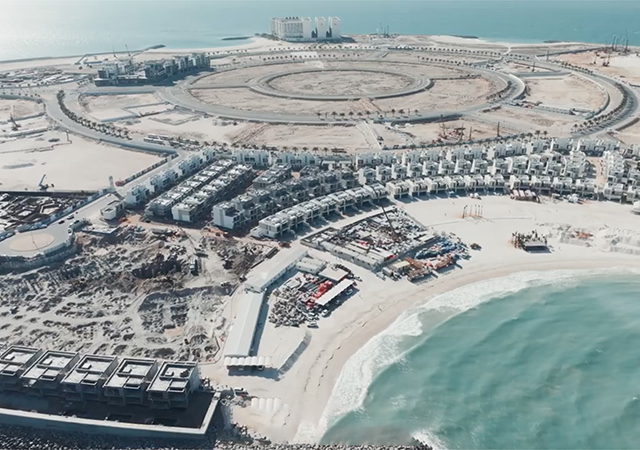

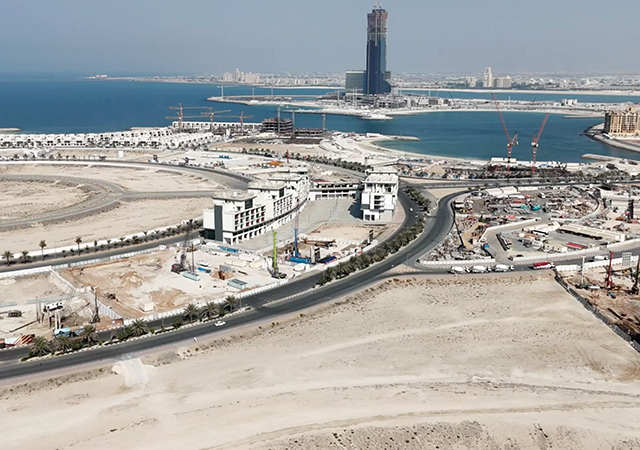
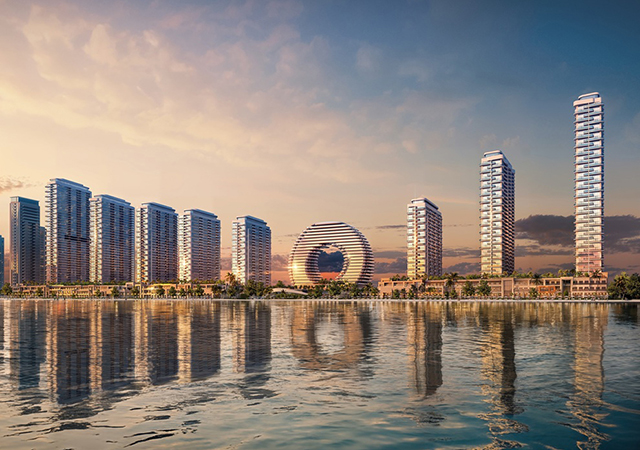
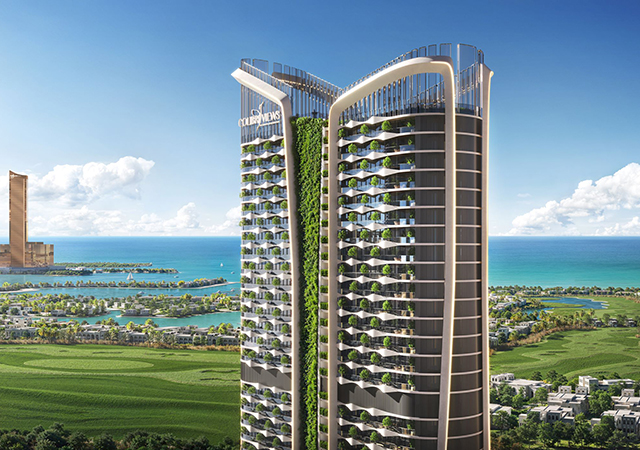
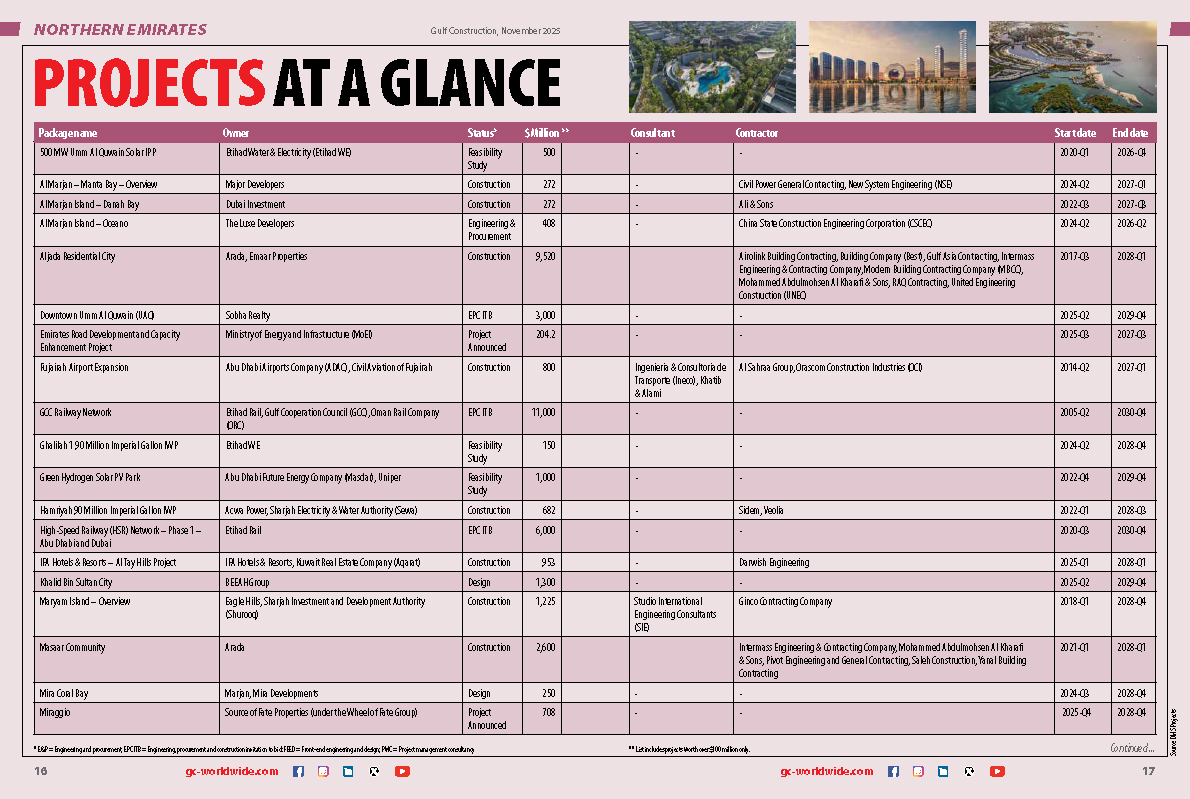
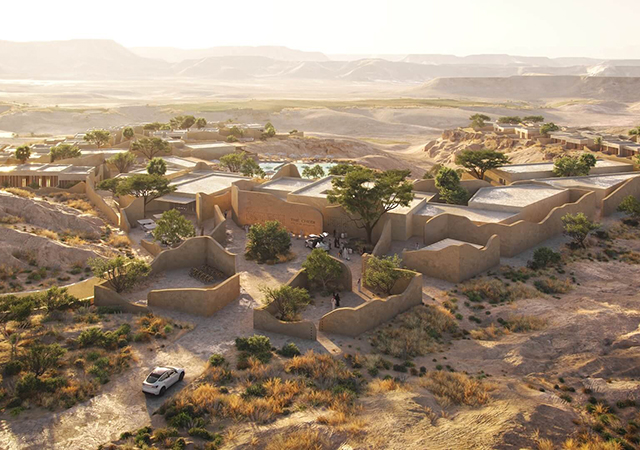
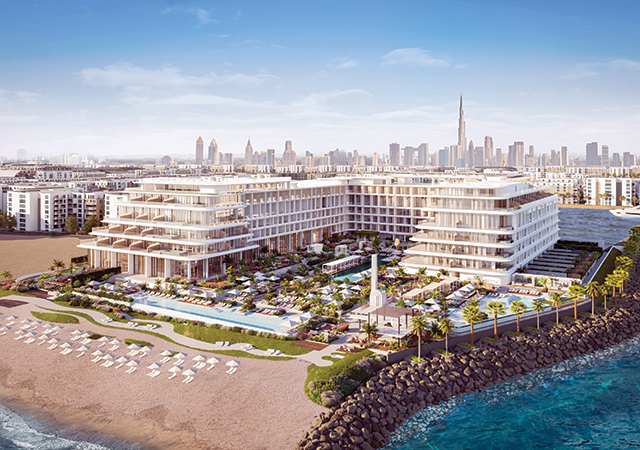
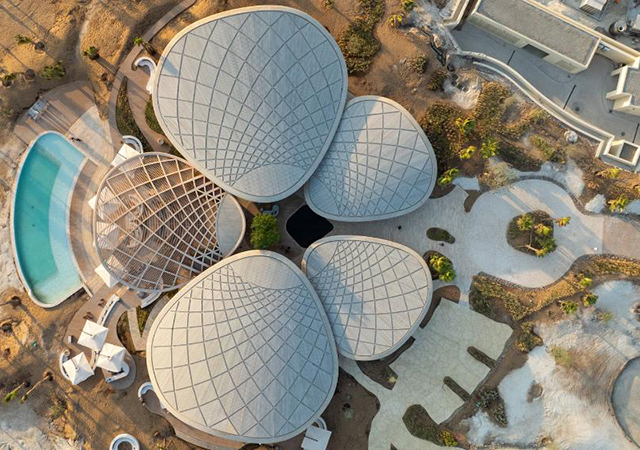

(5).jpg)
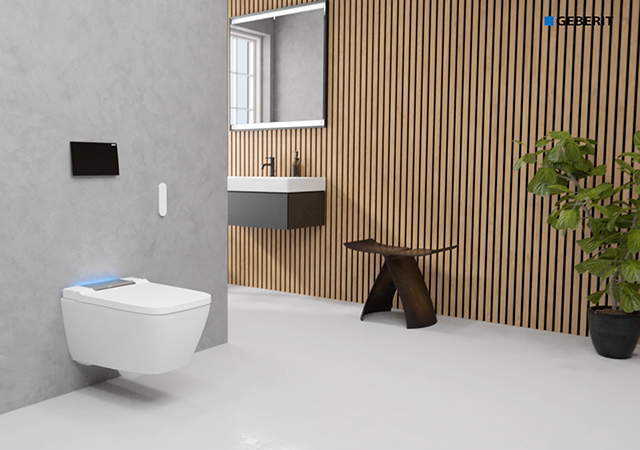
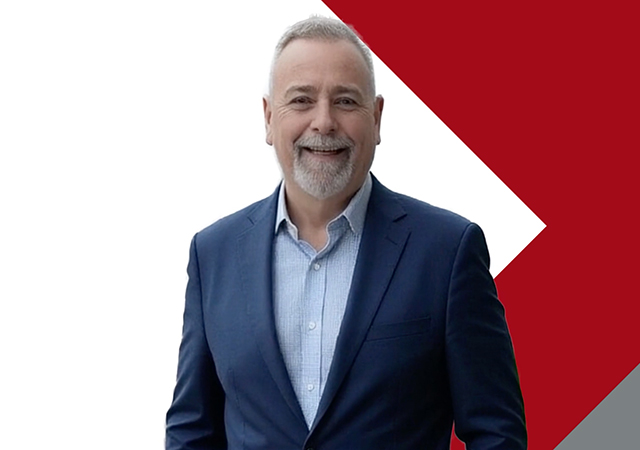

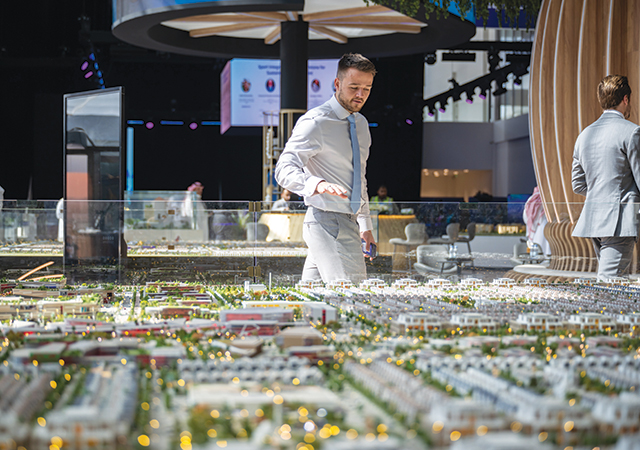
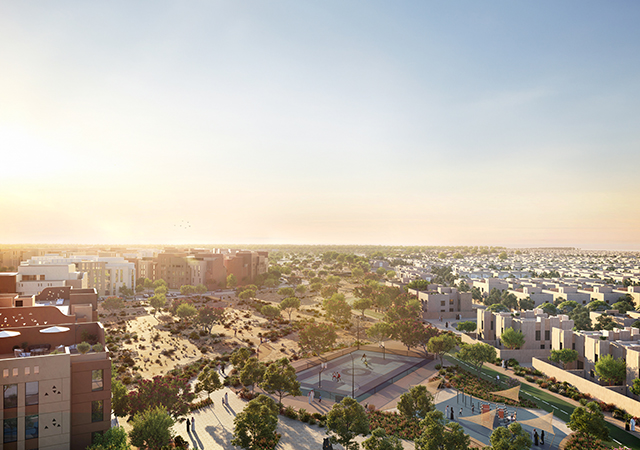
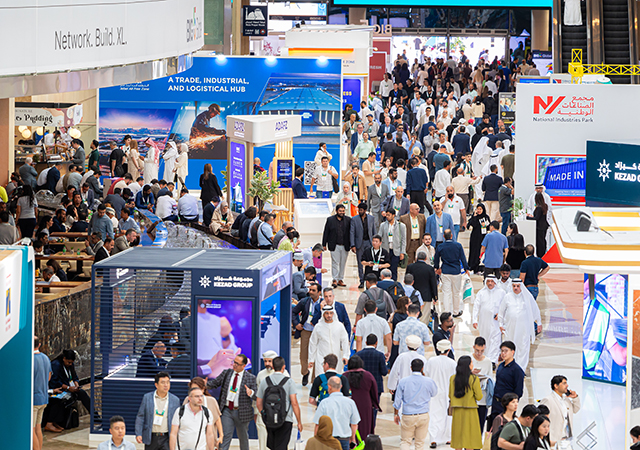
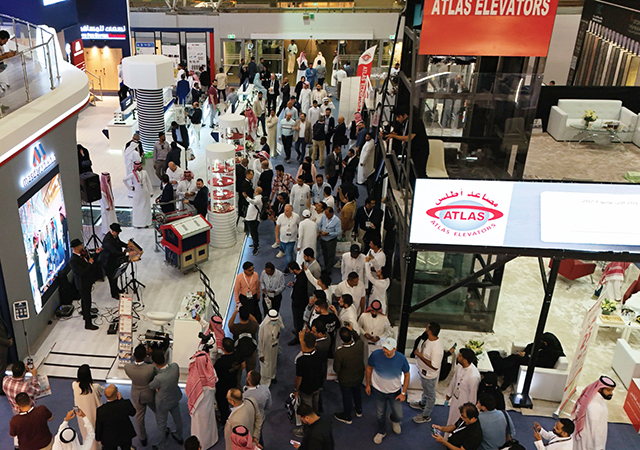
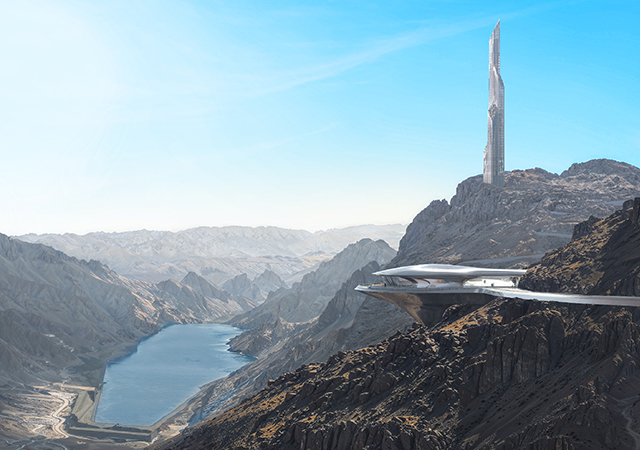
.jpg)
